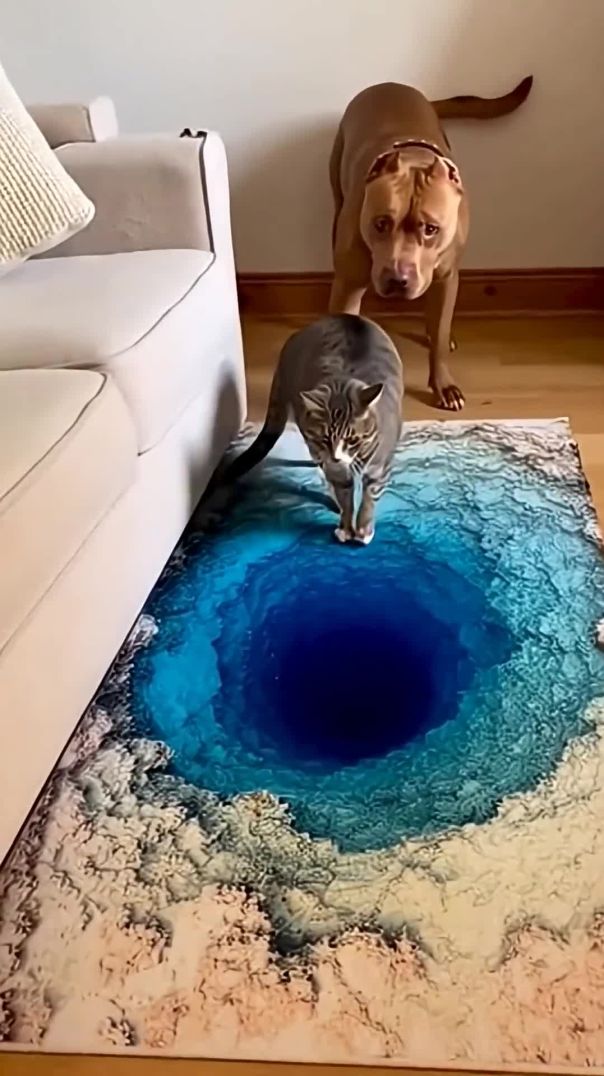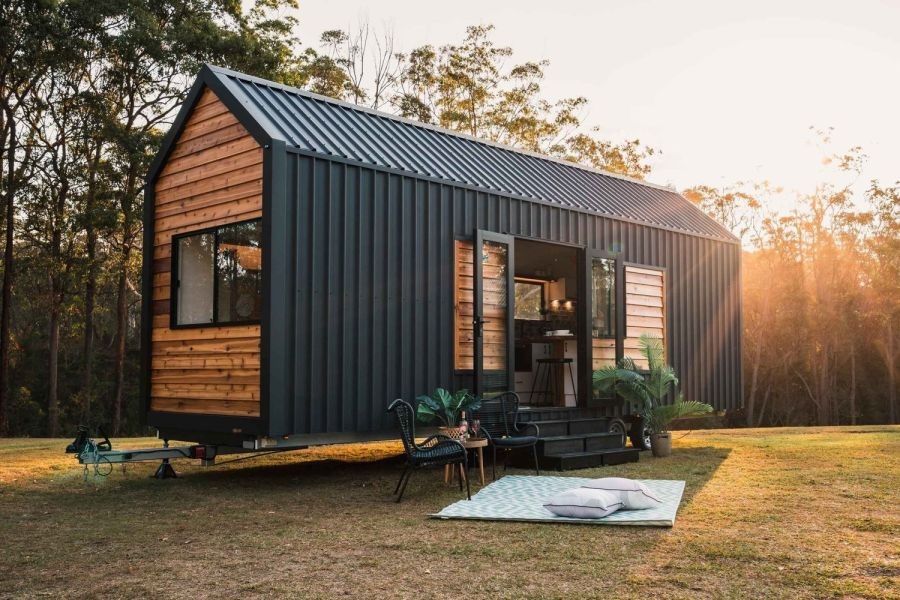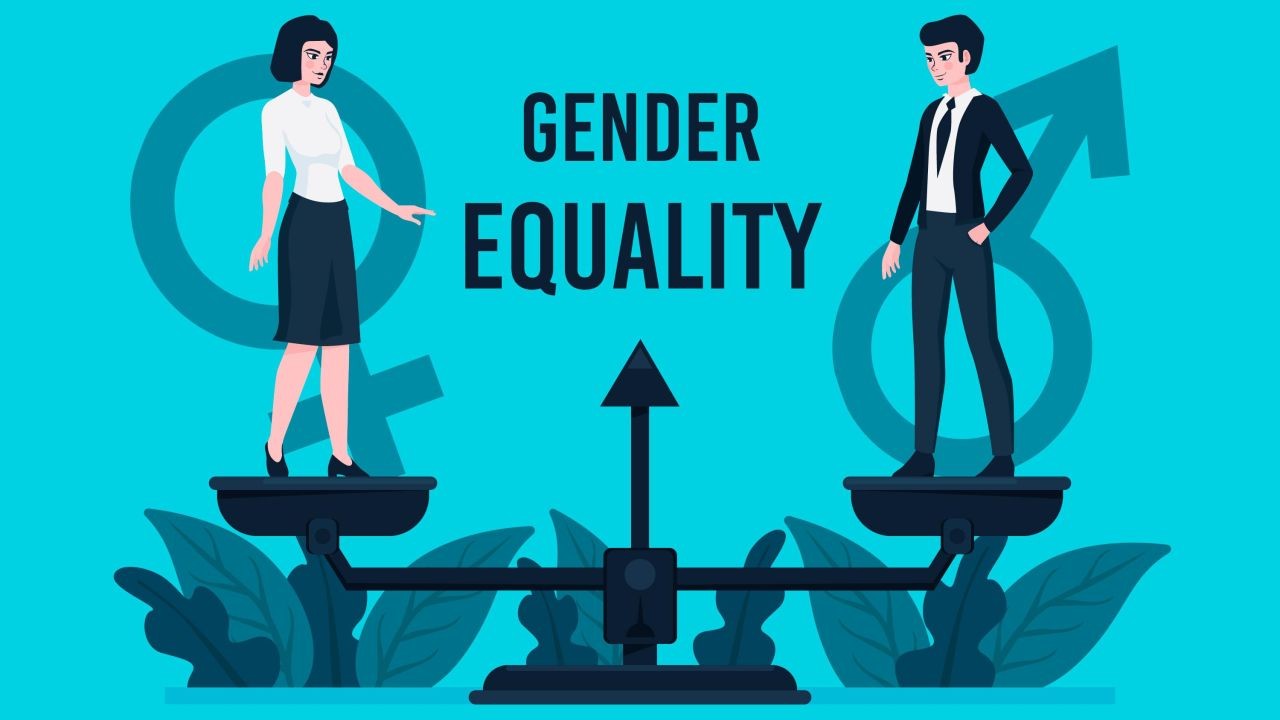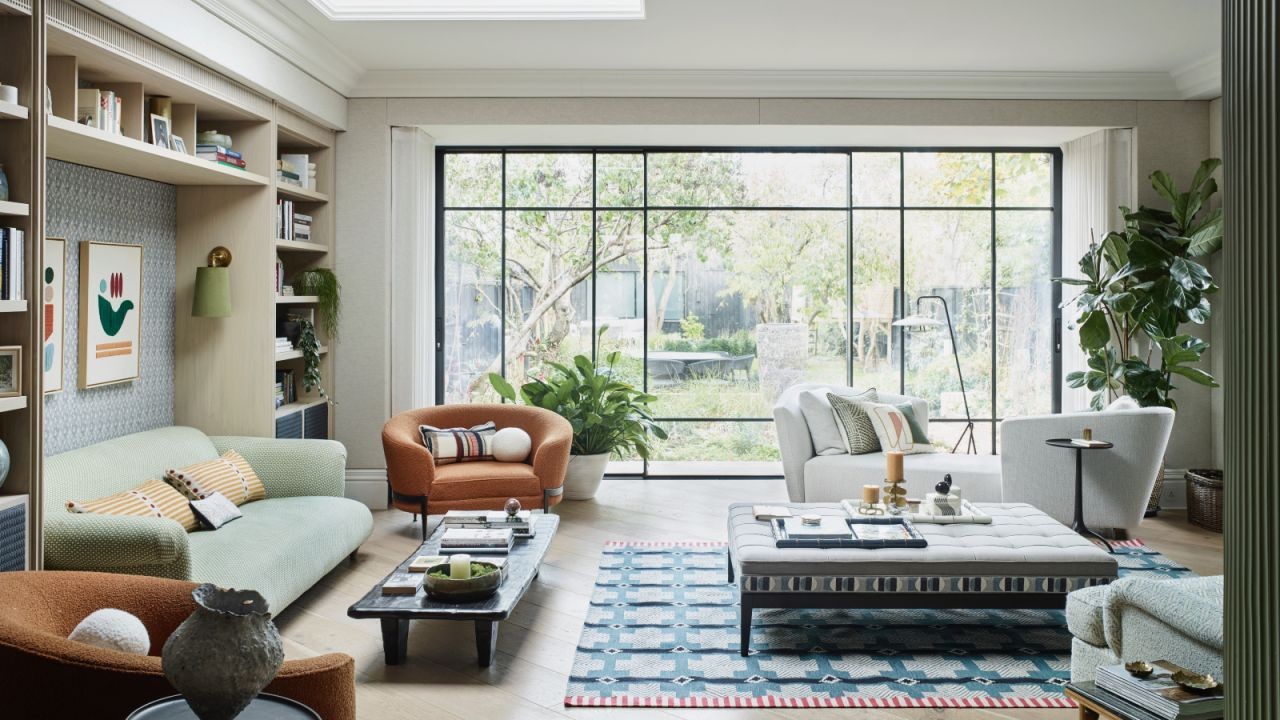In recent years, the housing affordability crisis in New Zealand has become a pressing issue, exacerbated by rising property prices and a growing population. With traditional housing options becoming increasingly unattainable for many Kiwis, tiny homes have emerged as a potential solution. But are they really the answer to New Zealand's housing woes? In this article, we delve into the feasibility, benefits, and challenges of tiny homes in the context of New Zealand's unique housing landscape.
The Appeal of Tiny Homes: Pros & Cons
Tiny homes, typically defined as residential structures under 40 square meters, are gaining traction as an affordable and sustainable housing alternative. However, like any housing solution, they come with their own set of advantages and drawbacks.
✅ Pros:
- Affordability: Tiny homes often cost significantly less than traditional houses, with prices ranging from NZD 50,000 to NZD 150,000. This offers a more accessible entry point for first-time buyers.
- Sustainability: With a smaller footprint, tiny homes consume fewer resources, both in construction and daily operation, aligning with New Zealand's growing emphasis on sustainability.
- Flexibility: These homes are often mobile, allowing owners to relocate with ease, which is ideal for those seeking a minimalist lifestyle or living in high-demand areas.
- Simplified Living: Tiny homes encourage a decluttered lifestyle, focusing on essential living, which many find liberating.
❌ Cons:
- Space Constraints: Limited space can be challenging for families or those with a lot of belongings, making it essential to adapt to a minimalist lifestyle.
- Regulatory Hurdles: Zoning laws and building codes in New Zealand can complicate the placement and construction of tiny homes.
- Resale Value: Due to their niche market, tiny homes may not appreciate in value like traditional houses, posing a risk for long-term investment.
- Limited Infrastructure: Access to utilities and amenities can be limited, especially in rural areas.
How Tiny Homes Work: A Deep Dive
To understand the potential of tiny homes, it's crucial to examine how they function within New Zealand's housing ecosystem. Tiny homes can be either mobile or stationary and are typically built on trailers, allowing them to be classified as vehicles, thus circumventing some building regulations. This mobility offers flexibility for placement on leased land or within existing residential properties.
In urban areas like Auckland and Wellington, tiny homes can serve as secondary dwellings in backyards, providing rental income or housing for extended family members. This aligns with New Zealand's "housing density" strategies, which aim to maximize land use in cities.
Case Study: Kiwibuild and Tiny Homes
The Kiwibuild program, initiated by the New Zealand government, aims to address housing shortages by constructing 100,000 affordable homes over ten years. While primarily focused on traditional housing models, there is potential for integrating tiny homes into this initiative. By leveraging modular construction techniques, tiny homes can be produced rapidly and affordably, contributing to Kiwibuild's goals.
Data-Driven Insights: Housing Affordability in New Zealand
According to Stats NZ, the median house price in New Zealand increased by 27% from 2019 to 2023, with Auckland experiencing a 35% rise. This surge has placed homeownership out of reach for many, fueling interest in alternative housing solutions like tiny homes.
The Ministry of Business, Innovation, and Employment (MBIE) reports that rental prices have also climbed, with a 7% increase in the past year alone. These statistics underscore the urgent need for affordable housing options, making tiny homes an attractive proposition for both buyers and policymakers.
Contrasting Viewpoints: Are Tiny Homes the Future?
While tiny homes offer many benefits, their adoption as a mainstream solution remains debated. Proponents argue that they provide an immediate, cost-effective housing option, particularly for young people and retirees. However, critics point to regulatory challenges and cultural preferences for larger homes as significant barriers.
Advocate Perspective: Tiny homes are celebrated for their affordability and environmental benefits. As New Zealand grapples with a housing shortage, these homes offer a viable, immediate solution for those priced out of the traditional market.
Critic Perspective: Skeptics argue that tiny homes are a temporary fix rather than a long-term solution. They emphasize the importance of addressing systemic issues like zoning laws and land availability to truly resolve the housing crisis.
Myths & Misconceptions About Tiny Homes
- Myth: Tiny homes are only for the young or single individuals. Reality: While popular among younger demographics, tiny homes are also gaining traction among retirees seeking a downsized, low-maintenance lifestyle.
- Myth: Tiny homes can't withstand New Zealand's weather conditions. Reality: Modern tiny homes are built with durable materials and insulation, designed to withstand diverse climates.
- Myth: Tiny homes decrease property values. Reality: When well-designed and integrated, tiny homes can enhance property value by adding rental potential and versatility.
Future Trends: Tiny Homes in New Zealand
The future of tiny homes in New Zealand looks promising, with potential policy changes and technological advancements on the horizon. According to a report by NZTech, by 2028, technological innovations could reduce the cost of constructing tiny homes by 20%, making them even more accessible.
Additionally, the government is exploring ways to streamline regulations, which could include zoning adjustments and incentives for sustainable housing solutions. These changes would significantly bolster the tiny home movement, making it a more viable option for a broader audience.
Final Takeaways & Call to Action
- 🔍 Research: Evaluate the feasibility of tiny homes based on your lifestyle and financial goals.
- 💡 Consider: Explore local zoning laws and potential locations for placement.
- 🚀 Act: If you're considering a tiny home, start by consulting with builders and exploring community resources.
Are tiny homes the answer to New Zealand's housing affordability crisis? While they present a promising solution, much depends on regulatory support and public acceptance. What’s your take? Share your insights below!
Related Search Queries
- Tiny homes New Zealand regulations
- Affordability of tiny homes in NZ
- Sustainable housing solutions in New Zealand
- Kiwibuild and tiny homes
- Future of housing in New Zealand
People Also Ask (FAQ)
- How do tiny homes impact housing affordability in New Zealand? Tiny homes offer a lower-cost alternative to traditional housing, potentially easing the affordability crisis by providing accessible options for first-time buyers.
- What are the biggest misconceptions about tiny homes? A common myth is that tiny homes are not durable. However, modern tiny homes are designed to withstand New Zealand's weather conditions, using high-quality materials.
- What is the future of tiny homes in New Zealand? With potential regulatory changes and technological advancements, tiny homes could become a mainstream housing solution, contributing significantly to affordability and sustainability efforts.





































Kidz Kastle Private Party Venue
2 months ago